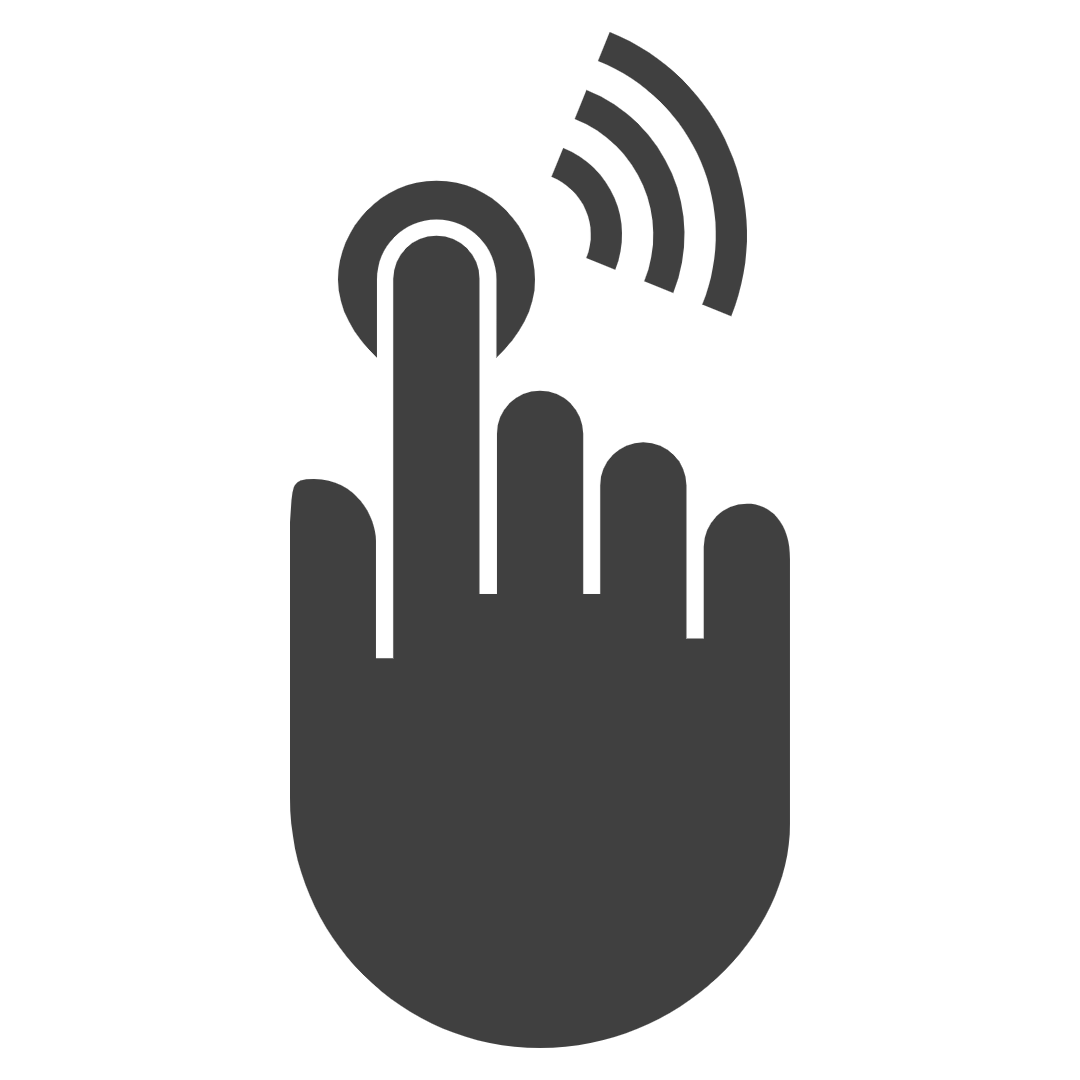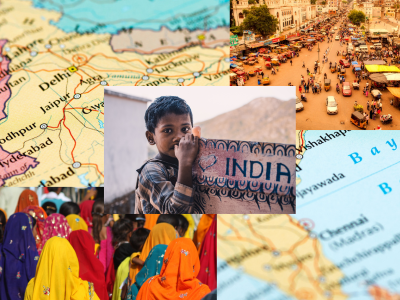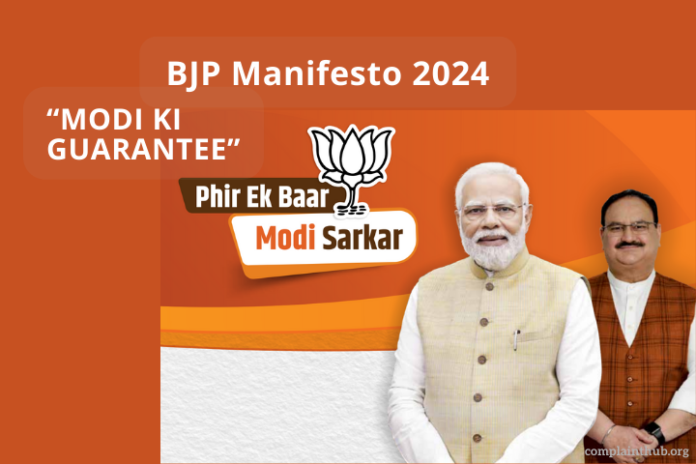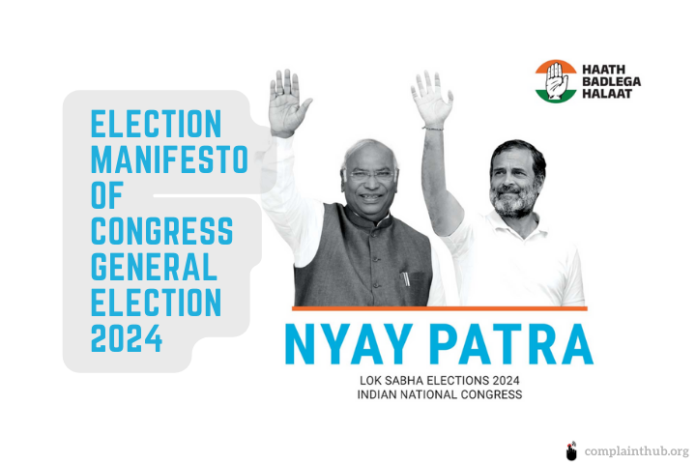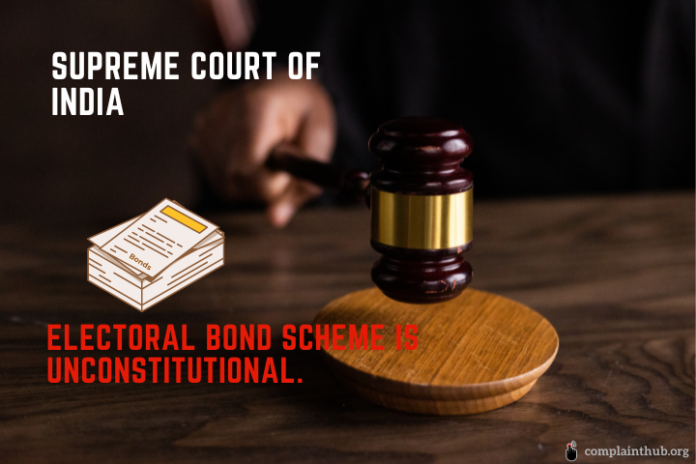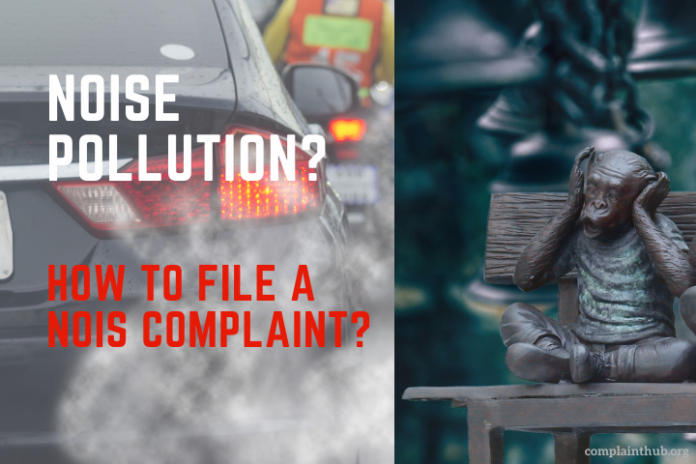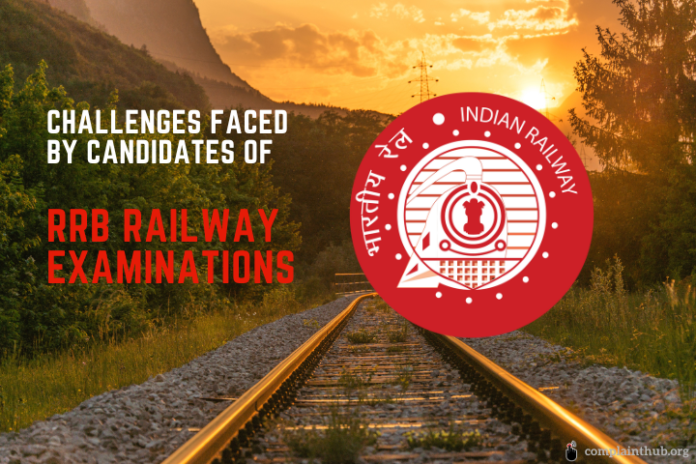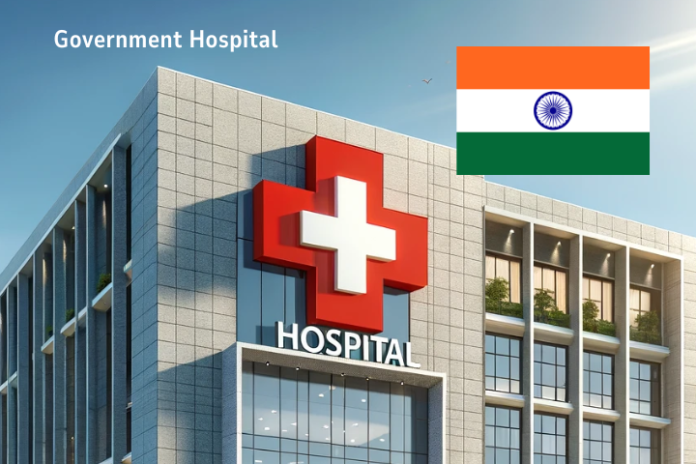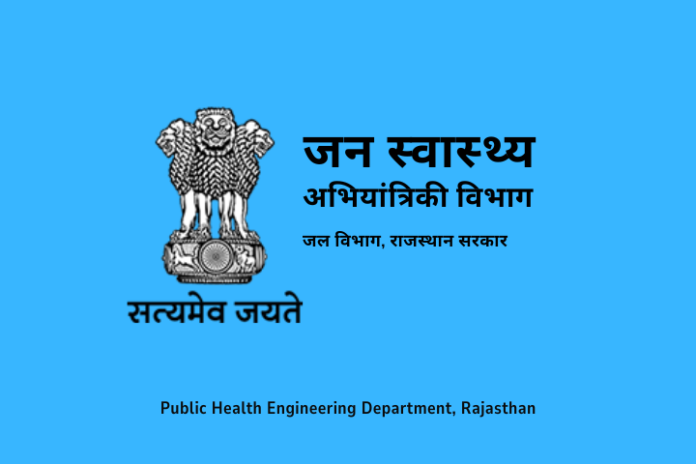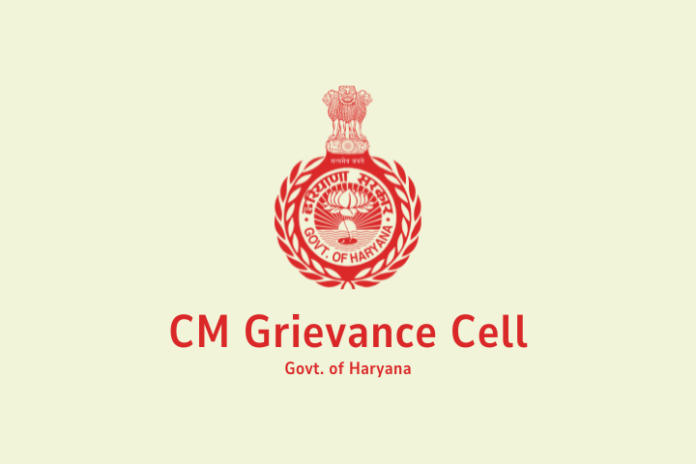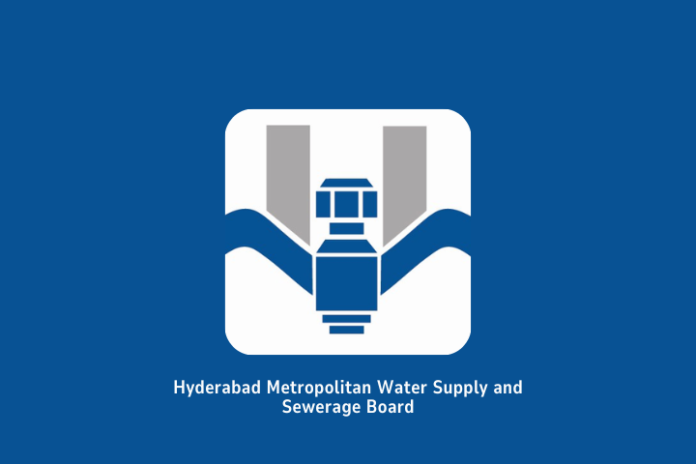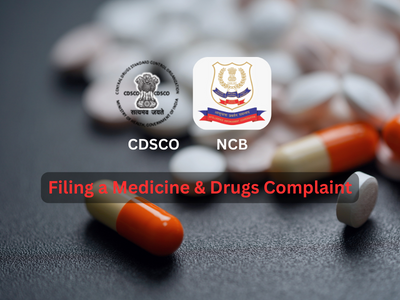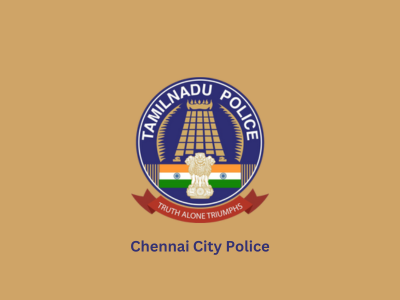Public services are essential for the well-being and development of citizens and society. They include the provision of basic amenities such as water, electricity, sanitation, health, education, transport, etc. by the government or its agencies. However, in India, the quality and accessibility of public services vary widely across regions, states, and socio-economic groups. Many people face difficulties in availing public services due to inadequate infrastructure, poor governance, corruption, lack of awareness, and social inequalities despite of implementation of the Right to Public Services by several states.
We will highlight some of the major issues and challenges faced by the citizens in accessing public services in India, and also discuss the possible solutions and opportunities for improvement.
Issues and Challenges
Some of the common issues and challenges faced by the citizens in accessing public services in India are:
1. Lack of adequate and reliable infrastructure:
India suffers from a huge infrastructure deficit, especially in rural and remote areas, where the availability and quality of public services are dismal. For instance, according to the 2021 census, only 71% of rural households had access to electricity, 36% had access to piped water, and 31% had access to toilets.
Similarly, the road network, power grid, railway system, and communication network are often congested, outdated, and prone to breakdowns and disruptions. The lack of adequate and reliable infrastructure affects the delivery and efficiency of public services and also hampers the economic growth and social development of the country.
2. Poor governance and accountability:
The governance and management of public services in India are often plagued by red tape, corruption, nepotism, and political interference even after the adaptation of digital governance. There is a lack of transparency, accountability, and major responsiveness in the functioning of public authorities and service providers.
The citizens have little or no voice or choice in the delivery and regulation of public services, especially in rural areas. The grievance redressal mechanisms are weak and ineffective, and the citizens have to face harassment, delays, and bribes to avail public services.
Poor governance and accountability of public services erode the trust and confidence of the citizens and also lead to wastage and leakage of public resources.
3. Lack of awareness and participation:
Many citizens in India are unaware of their rights and entitlements to public services, and the procedures and processes involved in availing them. They also lack the information and awareness about the quality and performance of public services, and the avenues and platforms available for feedback and grievance redressal.
Moreover, there is a low level of citizen participation and engagement in the planning, implementation, monitoring, and evaluation of public services. The lack of awareness and participation of citizens reduces the demand and accountability of public services and also limits the scope for innovation and improvement.
4. Social inequalities and exclusion:
The access and quality of public services are also influenced by the social and economic status of the citizens. There are wide disparities and discrimination in the provision and utilization of public services based on caste, class, gender, religion, region, etc. The marginalized and vulnerable sections of society, such as the poor, the women, the Dalits, the tribals, the minorities, the disabled, etc. face multiple barriers and challenges in accessing public services, such as lack of affordability, availability, accessibility, acceptability, and quality.
A broken public health system is affected by almost 7 out of 10 who need emergency treatment. The social inequalities and exclusion of public services violate the human rights and dignity of the citizens and also perpetuate the cycle of poverty and deprivation.
Solutions and Opportunities
So, what is going on or can be done to improve the access and quality of public services in India? Some of the initiatives are:
1. Strengthening and expanding the infrastructure:
There is an urgent need to invest and upgrade the physical and digital infrastructure for public services in India, especially in rural and remote areas. This would require mobilizing adequate financial resources, leveraging public-private partnerships, adopting innovative technologies, and ensuring environmental sustainability.
Strengthening and expanding the infrastructure for public services would enhance the availability, reliability, and efficiency of public services and also boost the economic growth and social development of the country.
2. Improving governance and accountability:
There is a need to improve the governance and accountability of public services in India, by enhancing the transparency, accountability, and responsiveness of public authorities and service providers. This would require simplifying the procedures and processes, eliminating corruption and red tape, decentralizing the decision-making and service delivery, strengthening the regulatory and oversight mechanisms, and ensuring the rule of law and justice.
Improving the governance and accountability of public services would increase the trust and confidence of the citizens and also prevent the wastage and leakage of public resources.
3. Increasing the awareness and participation:
There is a need to increase the awareness and participation of citizens in public services in India, by providing them with adequate information and awareness about their rights and entitlements, the quality and performance of public services, and the avenues and platforms for feedback and grievance redressal.
This would require using various media and communication channels, conducting awareness campaigns and capacity-building programs, facilitating citizen feedback and satisfaction surveys, and creating citizen forums and platforms. Increasing the awareness and participation of citizens would enhance the demand and accountability of public services and also foster innovation and improvement.
4. Reducing the social inequalities and exclusion:
There is a need to reduce the social inequalities and exclusion in public services in India, by ensuring the universal and equitable access and quality of public services for all citizens, especially the marginalized and vulnerable sections of the society.
This would require implementing affirmative action and reservation policies, providing subsidies and waivers, ensuring accessibility and affordability, promoting social inclusion and empowerment, and addressing the specific needs and preferences of different groups. The reduction would uphold the human rights and dignity of the citizens and also break the cycle of poverty and deprivation.
Ways to Register a Complaint
The citizens who are dissatisfied or aggrieved with the public services in India can register their complaints through various ways, such as:
1. Online portals:
The citizens can lodge their complaints online through various portals, such as the Centralized Public Grievance Redress and Monitoring System (CPGRAMS), the National Data and Analytics Platform (NDAP), the National Grievance Services Portal (NGSP), etc. These portals allow the citizens to file their complaints against the central and state government ministries, departments, and organizations and also track the status and resolution of their complaints. The citizens can also provide feedback and ratings on public services through these portals.
2. Email and toll-free numbers:
The citizens can also send their complaints through email or call the toll-free numbers of the concerned public authorities and service providers. For instance, the citizens can email their complaints to Bima Bharosa – IRDAI at complaints@irdai.gov.in for insurance-related issues, or call 155255 for the same. For the complaints about Indian Railways, call 139. Similarly, the citizens can email their complaints to pgportal-darpg@nic.in for general public grievances of the central government.
3. Consumer forums and courts:
The citizens can also approach the consumer forums and courts for redressal of their complaints against public services if they are not satisfied with the response or resolution by the public authorities and service providers. The citizens can file their complaints in the district consumer forum, the state consumer commission, or the National Consumer Commission (NCDRC), depending on the jurisdiction and the value of the claim. The citizens can also file writ petitions in the high courts or the Supreme Court, under Article 226 or Article 32 of the Constitution, respectively, for the enforcement of their fundamental rights.
Public services are vital for the well-being and development of citizens and society. However, in India, the access and quality of public services are hampered by various issues and challenges, such as lack of infrastructure, poor governance, low awareness, and social inequalities.
There is a need to address these issues and challenges and explore the possible solutions and opportunities, for improving the access and quality of public services in India.
The citizens also have the right and responsibility to register their complaints and grievances against the public services and seek their redressal and resolution, through various ways, such as online portals, email and toll-free numbers, and consumer forums and courts. By doing so, the citizens can ensure their satisfaction and welfare and also contribute to the improvement and reform of public services in India.



